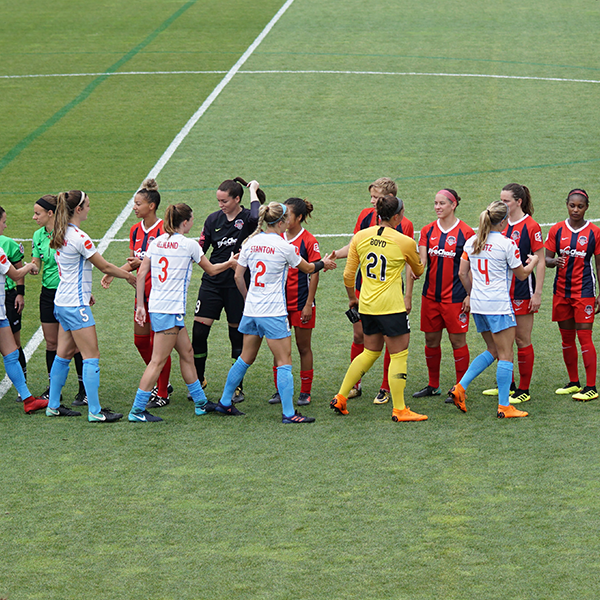As a coach, you have a significant impact on your athletes, and not just on their training and physical performance.
What you say and how you react to their actions is important too. But it’s sometimes even more subtle than that: recent research suggests that your facial expressions can impact your athletes’ emotions and performance.
Here’s what you need to know…
Why are your facial expressions important?
The relationship between emotions and performance has been extensively studied. When a coach talks to an athlete, along with these interactions comes the display of emotions such as pride or shame. Since these can actually influence a player’s development, commitment and performance, it’s vital we get them right.
Easier said than done, of course – when coaches or athletes experience emotions, they may not intentionally mean to express them. But due to the social nature of sports and the importance of teams, when these emotions are expressed (or even suppressed), they will be observed and may influence others.
This can be an automatic response, or even a deliberate attempt to influence athletes’ actions and thoughts, such as visibly getting annoyed at a player’s execution of a skill so that they will correct it.
These facial and body expressions are so important because they can have a real impact on an athlete’s behaviour, which includes their performance.
What does the research say?
A recent study has looked at how these nonverbal expressions displayed by coaches can influence player performance. The study involved coaches giving scripted feedback to footballers immediately after they performed a passing task. While giving the feedback, coaches displayed an expression of a particular emotion. The players had to then perform the football task again.
The study focused on three emotions: pride, happiness, and shame. The results found that they did impact players’ performance, especially when the players held a close relationship with the coach. In particular, pride and happiness benefitted players’ performance, but the display of shame did not.
They also found that in some cases, it didn’t just impact performance, but also the emotions of the athlete. Players seemed to experience similar emotions to those expressed by their coach. However, this was dependent on the relationship of the coach and athlete: the more the two were closely linked, the bigger the effect. For example, if the coach displayed signs of feeling proud, this would lead the athlete to feel proud and happy. Similarly, if the coach showed shame, this led the players to feel ashamed.
What can coaches do about their facial expressions?
So, the research clearly shows that coaches’ emotional expressions can impact the performance as well as emotions of athletes. This has important practical implications for coach-player interactions in sport as coaches need to be careful of the emotions they are displaying – not just in the way they are talking to the athlete, but also in their facial expressions and body language.
Here are some ways to use this to improve your athletes’ performance and well-being:
- Be aware of the emotions you experience and display when providing feedback to players.
- Understand the effects of these emotional expressions on your players.
- Regulate your emotions – make sure you understand them and the adaptive response they can evoke in your players.
- Educate yourself on how to manage and utilise specific emotions and expressions to optimise outcomes.
- Understand that expressing pride and happiness holds much more power to enhance your players’ performance than shame.
- Remember that these effects are even greater when you have fostered a strong relationship with your players.
Final thoughts
We believe all coaches should be aware of the importance that something as small as the way they display their emotions can have a strong impact on their athletes.
Your feedback is vital to their performance and has a strong effect on their emotions – and your facial expressions are an important part of it. Take care when talking and interacting with your athletes: you have a great impact on them!






